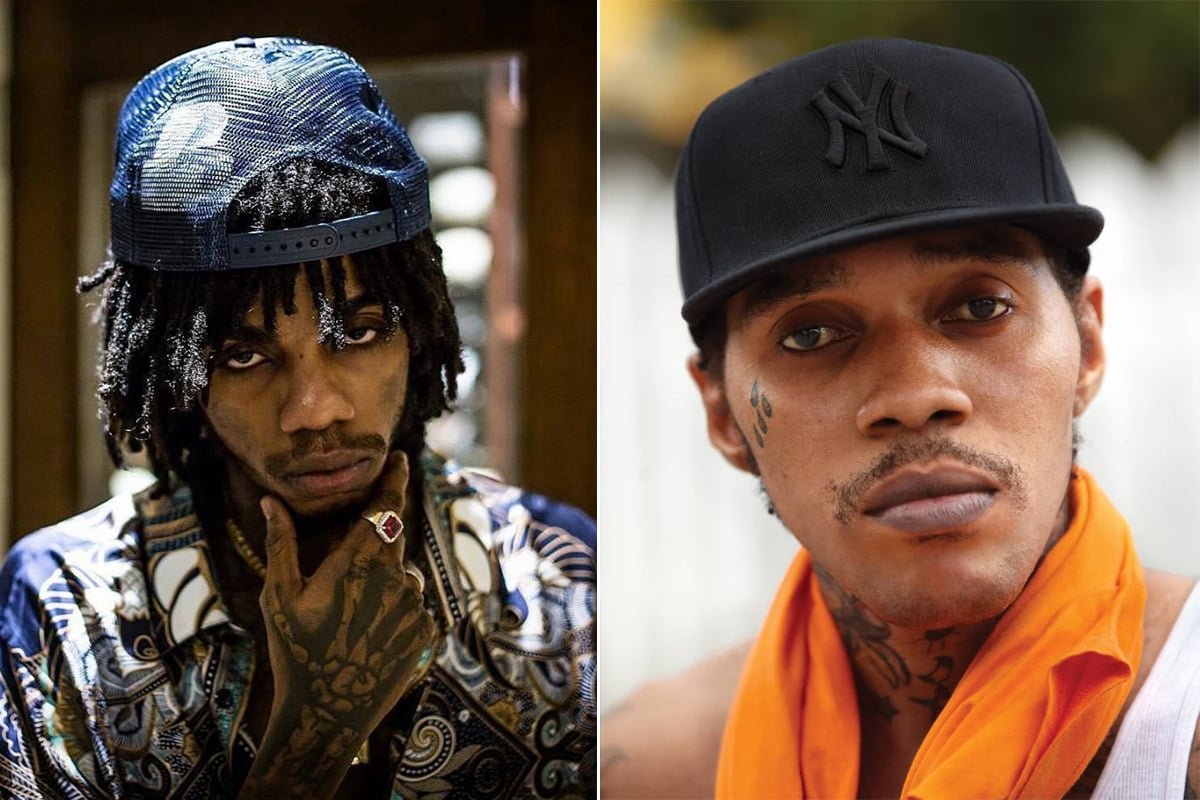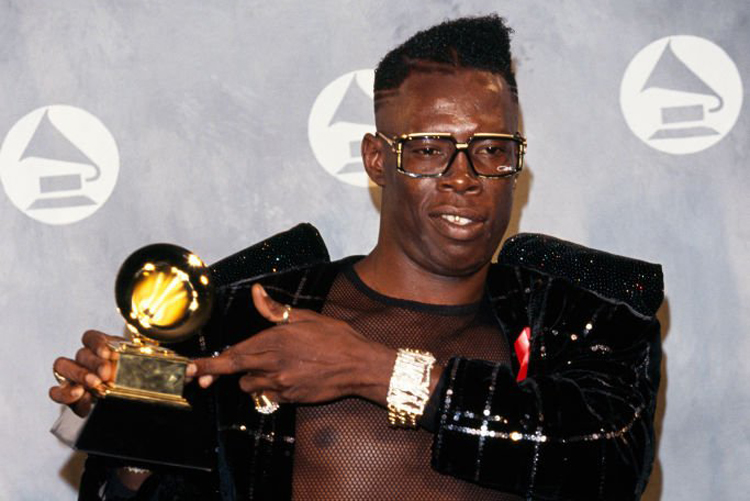Whose Style Is It Anyway?

From Skillibeng and Rytikal, to Vybz Kartel and Alkaline (+many more), the style theft assumptions have been a sore debate for many. The Dancehall audiences often struggle to determine who they feel originated a particular sound. An unnecessary debate to say the least, as music is collaborative and inspiration based, thus most things are recycled.
Still, for those who are concerned about theft, there is a way to secure intellectual property. We can’t change the nature of music or how it is made, but we can police it. Outside of that, it truly is pointless to harbor strong feelings about it. This is something that’s been happening before many of us were born and will continue to happen after we pass on. Does the term “Nothing New Under The Sun” ring a bell? Well, let’s take a light trip.
Dancehall emerged in the 70s from the cultural aggregate of Jamaican lifestyle, on the heels of the maturation and international acclaim of its sibling genre: Reggae. Jamaicans decided it was no longer the aesthetic (Ragga/Reggae) that was the core of the experience, but the space where we gathered to express ourselves, enjoy the music, and commune. We decided, perhaps unconsciously that the core of the experience was communion, and thus, roughly 30 years after the birth of actual Dancehalls in the 40s, the genre was born.
Founding DJs include Big Youth, U Roy, Al Campbell, Don Carlos, and more. The 80s saw the birth of stars that would ironically name themselves after movie stars like Charlie Chaplin, Lone Ranger, Josie Wales, and more. Wales first sired a protege that would later be known as Shabba Ranks.
Shabba went on to become one of the most unique and successful artists of the 90s, with two Grammy Awards and gold for the Just Reality album produced by Bobby Digital Dixon. Dixon, as a side note; was the originator of the Dem Bow riddim which featured heavily on Shabba’s record. The Puerto Rican market heard the riddim and became so enamored with it that they used it to create an entire genre called Reggaeton, which rightfully speaking, all credits belong to Bobby Digital.

Shabba’s style was very particular, it was embracing of the grit and strong aura that his thunderous voice exuded. He somehow created a character to perfectly match the sound and feel of his voice.
Fast forward to 1992, a young deejay by the name of Bounty Killer emerges with a slightly similar image, and a voice booming with bass. He was a product of the street and so the street accepted him, he quickly became a champion for the people. Yet, there were those who insisted that he was appropriating Shabba Ranks’ entire image and style. This, naturally but unfortunately created a distance between the two.
In 1994, another young deejay by the name of Merciless, broke into the scene with the hit song Lend Out Mi Mercy , which audiences determined was stylistically similar to Bounty Killer. Accusations of style theft abounded, which again created a rift between Merciless and Bounty Killer. A rift that ended in 2000 when the two recorded No One Cares .
The soundscape of a genre that remains as current as Dancehall is ever-shifting and the artists/musicians are the ones responsible for these shifts. These shifts in the sound are often born out of a group setting where several contributing parties conceptualize a new way to develop the sound. Music is very collaborative, and because so many people are always involved in the process, when a shift happens, several people come away with the ability to wield the new sound or at least how to pass on the knowledge to someone who will.
This is perhaps the root of the style theft wars. It is certainly the variable which dictates that this phenomenon will never cease. There is even evidence to support that it might create a spike in inspiration, innovation, and therefore variety.
